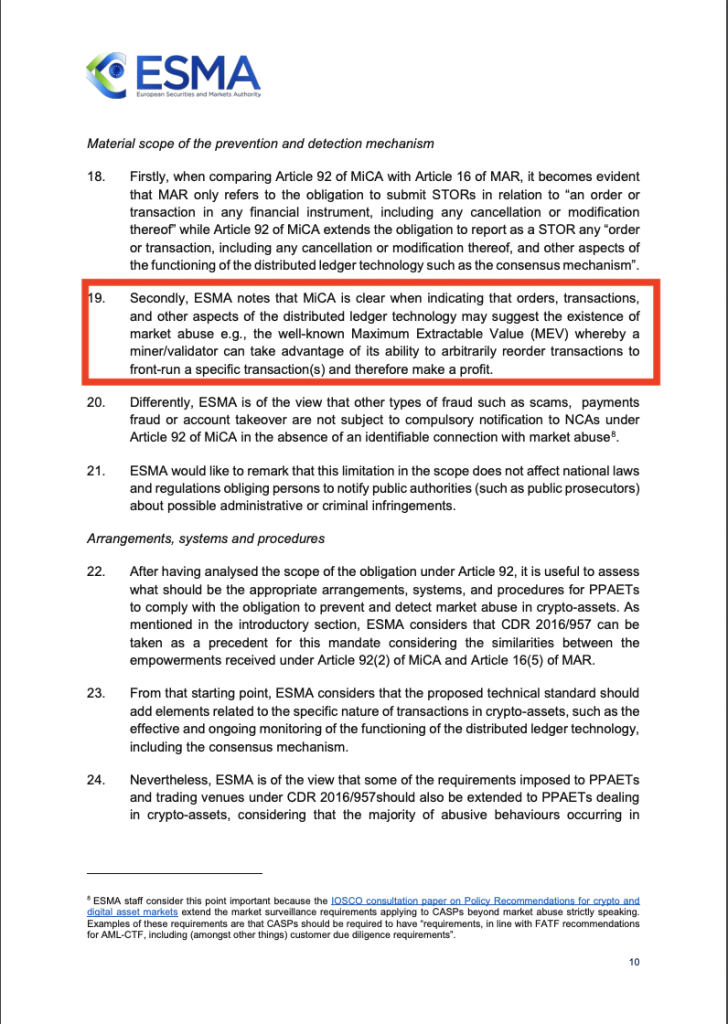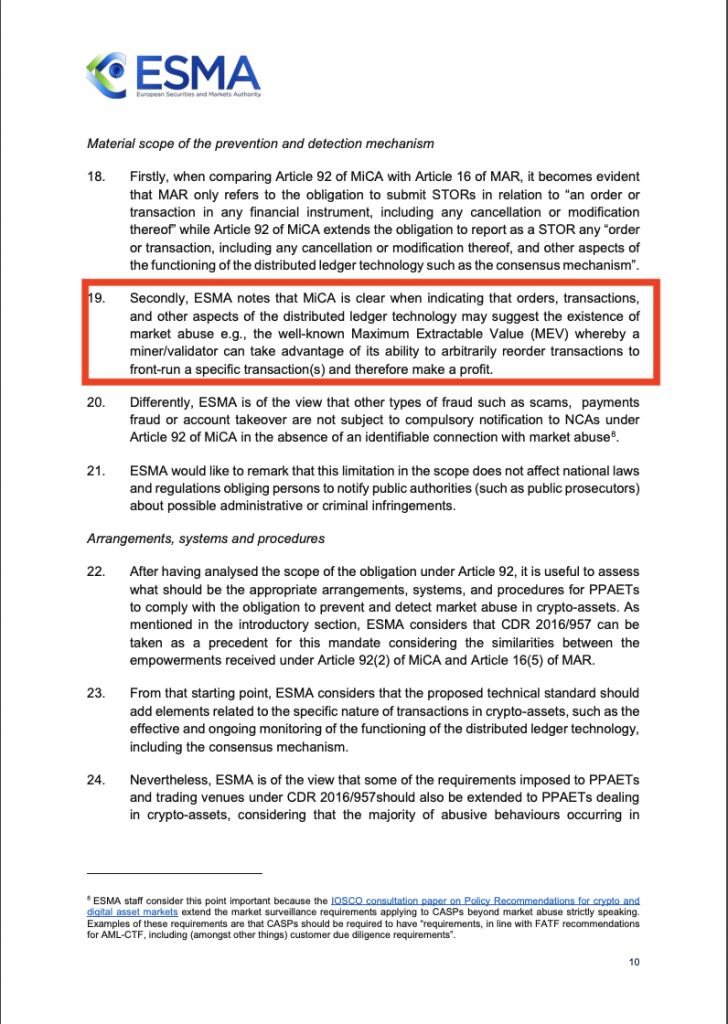EU watchdog urges banks to prioritize clients in AI usage

The EU’s top financial regulator, ESMA, mandates that banks and investment firms ensure AI tools prioritize client interests, reinforcing accountability under MiFID.

The European Securities and Markets Authority (ESMA) said that banks and investment firms must have “unwavering commitment” to clients’ best interest when it comes to the usage artificial intelligence (AI).
On May 30, ESMA released a public statement that outlines the ways in which financial services companies within the European Union (EU) can use AI in their operations.
The statement stresses the use of AI in relation to the EU’s Markets in Financial Instruments Directive MiFID securities law and says that such institutions will be fully responsible legally to protect consumers.
The ESMA said that while AI has the potential to “transform” the landscape of retail investment services in terms of efficiency and innovation, its impact on the behaviors of financial institutions and retail investor protection it said is likely to be “significant.”
“Importantly, firms’ decisions remain the responsibility of management bodies, irrespective of whether those decisions are taken by people or AI based tools.”
It continued to say that as AI is employed in investment services, it will require these firms to have an “unwavering commitment” to acting in the best interests of their clients, irrespective of the AI tools in use.
Related: OpenAI stopped 5 campaigns that used its tech for ‘deceptive influence’
This applies to AI tools that are both uniquely developed or adopted by the financial institutions themselves but also if they choose to utilize third-party AI services. This would include generative AI chatbots like OpenAI’s ChatGPT, and Google’s Gemini.
Earlier this year regulators in the EU officially passed the world’s first comprehensive set of AI regulations to be applied in the 27-member-state bloc. This latest statement is separate from the EU AI Act and aligns solely on compliance with the MiFID.
Apart from the AI regulation, the EU has also been proactive regarding other AI-related issues, such as an agreement from the EU Council on May 24, regarding the use of supercomputers to boost the region’s AI ecosystem and support startups.
On May 27, the European Blockchain Observatory and Forum (EUBOF) released a report that highlighted the potential between blockchain and AI integrations to drive local innovation, particularly in the sectors of “healthcare and finance, where data security is paramount.”






Responses